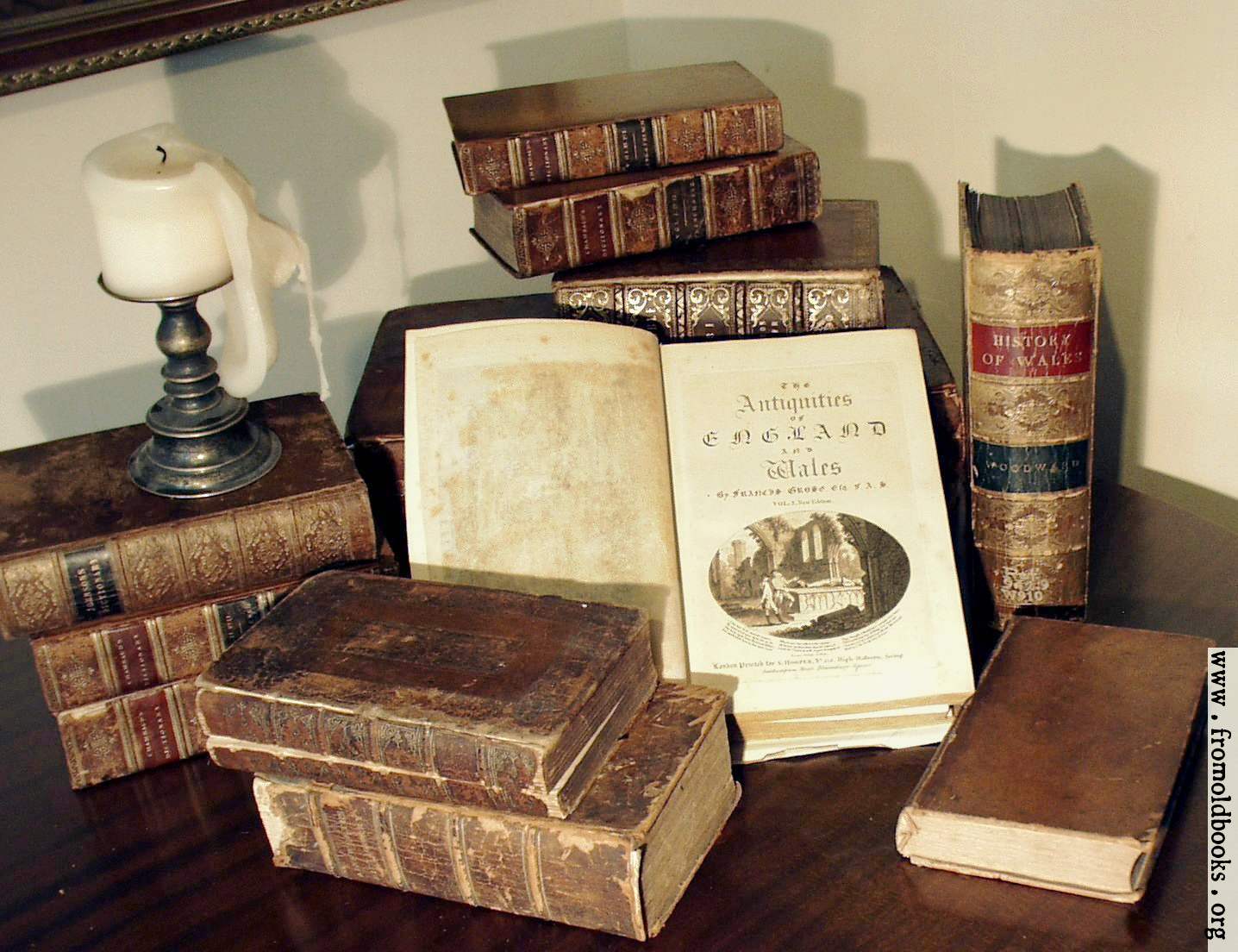Mr. Miro's
curiosity has been stoked
by this Beliefnet article by Johann Christoph Arnold (of
Bruderhof fame) on the destruction of community by the Internet. Instead of talking to him about the article- he's sitting maybe 4ft away from me- I intend to post thoughts online and hope that he comments.
Of course, it's a bit ironic that one would publish written work in a popular online forum to complain about the influence of the internet on community. The tension is heightened by the Bruderhof's decision last December to delete their large, popular, resource-rich websites and
leave up only contact information.
Bring Back Bruderhof directs us to
Plough Publishing for copies of the free e-books that were listed on Bruderhof.org, if you're interested in checking it out- I particularly recall appreciating Jane Tyson Clement's book of poetry.
This is all rather off track- my point is just that the Bruderhof in general and Arnold in particular hold an odd relationship with the internet already.
I'm not sure that Arnold has read
Neil Postman (or maybe
Malcolm Muggeridge), but my inner sociologist is quite the pessimist and inclined to agree with Arnold's overall thesis.
Technology is our Achilles heel, which in the end will be worse than any weapon of mass destruction. It will destroy us from within. This frightening trend can only be reversed if more and more citizens listen to their consciences and say, "Enough is enough." Technology puts the "I" in the center and ignores the fact that life is only worth living if "I" depend on my neighbor.
The classics were once an integral part of education. Just about every student read writers such as Aristotle, Novalis, Shakespeare and Dickens. Now, in schools in which every child has access to a computer, children are not even being taught the basic skills of life, such as how to express their thoughts and feelings in writing.
But, but, but... he's personifying technology, and this also makes my inner sociologist squeamish. "Technology" does not put anything anywhere- technology is not an active, willful force. Powerful, yes. Exerting power beyond human control- most
techno-shamans would not even go that far. Even thinking of technological progress as an addiction is problematic for those of us with a free-will fetish.
Furthermore, my snooty opinion as someone with one year of experience as an educator is that the definition of the classics ought to be expanded far beyond "Aristotle, Novalis, Shakespeare and Dickens." This is where most of my disagreeable energy is directed toward Arnold, even though I feel like I ought to be more clearly (and cogently) disagreeable about his other ideas. What about the
Bhagavad Gita, or
Three Kingdoms, or
The Brothers Karamazov, or
Njal's Saga, or
Rumi and
Hafiz, or
Don Quixote? Not that those books belong together, exactly, but they are all classics that I would want any children under my teaching to read.
Nothing against Aristotle, of course. It just infuriates me that people will take the time and trouble to educate their own kids (which I support fully, if the parents have the time and energy for the task) and then only feed them a small selection of Western classics. It's like going to Ryan's Steakhouse, just for the garlic mashed potatoes.
Someone else can comment on the community issue- I intend to storm about and enjoy my own prideful sense that I'm the only one who properly understands teaching literature, even though I have absolutely no education on the subject. Homegrown minds, and whatnot. Here's a query for you: how do you see technology intersecting with community in your own life? How is it helpful, and how is it harmful?
If you want something to get your mental juices flowing,
read this post by Lance Mannion. It's what I would write if I knew how to write like that.









